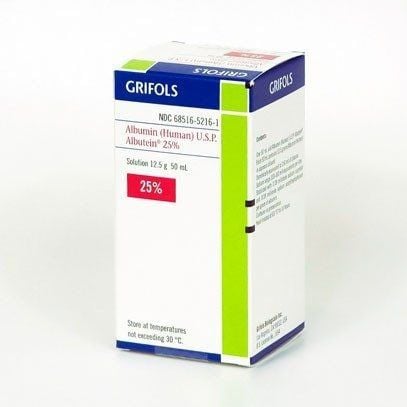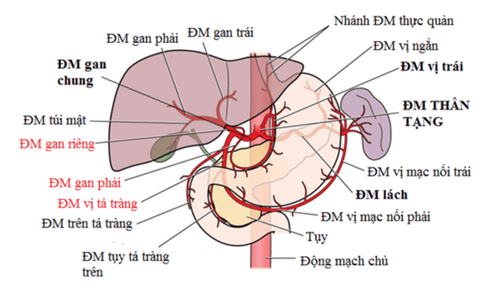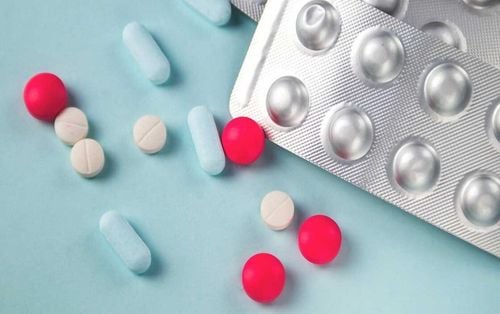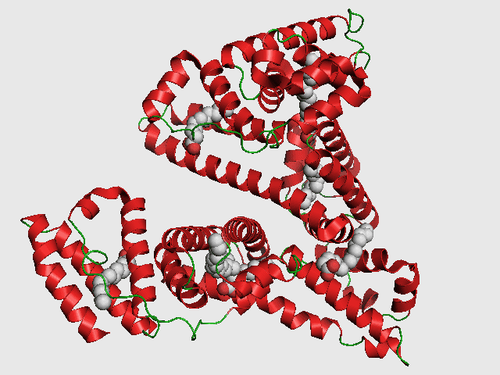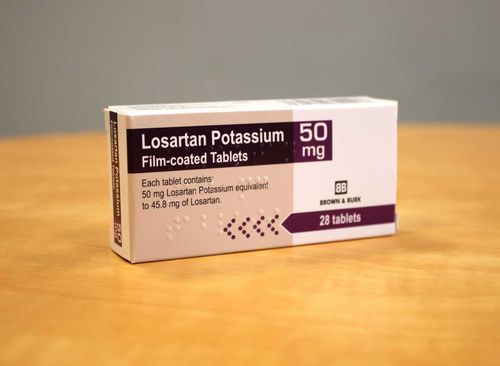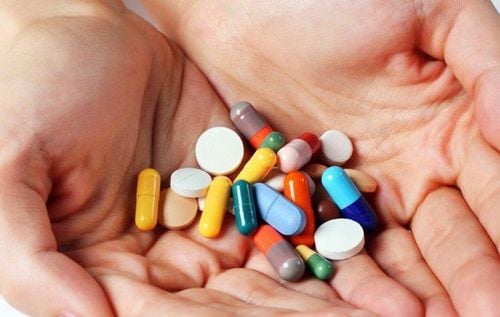This is an automatically translated article.
Nephrotic syndrome is a biochemical syndrome that occurs more often in patients with glomerular damage, characterized by signs such as edema, high proteinuria, decreased blood protein, and increased blood lipids. Because the characteristic of the disease is that it is easy for patients to lose albumin, what patients with nephrotic syndrome eat to ensure the amount of albumin in the body is very important in the treatment process.
1. What is nephrotic syndrome?
Nephrotic syndrome is a kidney dysfunction that causes too much protein to be excreted in the urine. This condition is the result of damage to the small blood vessels (which filter waste) and the glomeruli. When suffering from nephrotic syndrome, the patient's kidneys do not work effectively, causing protein in the blood to go out of the body, causing edema, which may be accompanied by symptoms such as loss of appetite due to decreased intestinal fluid, feeling of distention due to ascites. , muscle loss or hair loss.
Edema is a typical symptom of nephrotic syndrome, edema can be systemic with many levels, the most severe is effusion in organs such as pleura, pericardium, and testicular membranes. Edema in nephrotic syndrome is a white, soft, painless edema that, if not treated in time, can cause complications such as blood clot formation, infection, or high blood pressure.
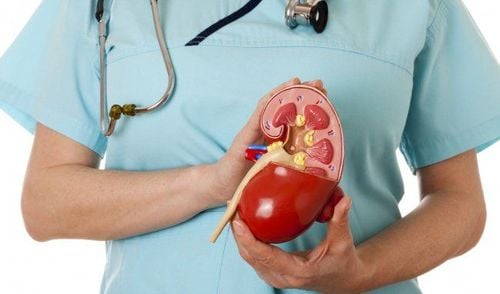
Phù là triệu chứng điển hình của hội chứng thận hư
2. Why do people with nephrotic syndrome easily lose albumin?
In normal people, albumin is larger than the glomerular membrane holes and both carry a negative charge, but when the disease causes the kidneys to weaken and be gradually destroyed, the holes in the renal filter membrane become enlarged. The negative charge gradually disappears, making it easier for albumin to pass out through the urine. This phenomenon is called proteinuria or in other words albumin in urine. When protein is lost too quickly, the body cannot produce a new amount to respond, leading to a decrease in protein in the blood. When the amount of albumin is lost, the colloidal osmotic pressure will no longer cause water to overflow from the vessel, causing effusion in areas of the body such as around the eyes, face, lower extremities,...
3. What should people with nephrotic syndrome eat to get enough albumin?
To ensure the necessary amount of albumin in the body, patients with nephrotic syndrome need to build a diet according to the following principles:
3.1 Increase protein intake The patient's protein requirements increase due to a large loss through urinary tract, it is necessary to replenish this loss. However, you should not eat too much protein because it can cause glomerular fibrosis leading to kidney failure. The average amount of protein for people with nephrotic syndrome in 1 day is 1g/kg/day. It is recommended to use cereals with low protein such as vermicelli, tapioca, tapioca, eat rice, noodles under 150g/day

Nên sử dụng các loại ngũ cốc và thực phẩm có lượng đạm thấp
Use low-protein vegetables such as: cucumbers, gourds, squash, vegetables, beans Do not eat animal organs such as: heart, liver, kidney, brain, stomach Should use split powder butter to increase protein and calcium. 3.2 Eat enough fat People with nephrotic syndrome should only consume about 20-25g of fat per day. Do not eat foods high in cholesterol such as brains, intestines, animal organs, butter, fat, eggs, etc. .. Should eat foods that are steamed, boiled, limited fried, fried, roasted. Use vegetable oil instead of animal oil such as soybean oil, canola oil, sesame oil, .. Limit foods high in nutrients. fatty meats such as fatty meat, chicken skin, sausages, sausages,... 3.3 Carbohydrates Ensure that the amount of sugar and starch from rice, noodles, tubers, sugar, and confectionery is about 35 kcal/kg/day .
3.4 Vitamins and minerals Pay attention to add vitamins and minerals, especially vitamin D, iron. Use foods rich in vitamins C, A, beta carotene, selenium such as green vegetables, ripe red and yellow fruits (papaya, carrots, mango, bean sprouts, oranges,...) and with increased blood potassium, you must limit vegetables, especially bananas. Use calcium-rich foods such as: small fish, skim milk, ...

Người bệnh cần chú ý bổ sung các loại vitamin và khoáng chất
If the nephrotic syndrome shows mild edema, the amount of salt consumed is less than 2g/day, and if there is a lot of edema, absolutely limit the amount of salt. Water in the diet and drink should be equal to the amount of urine + 500ml but also depends on the degree of edema and the amount of urine of the patient.
The pathological nephrotic syndrome occurs when the kidneys are damaged. If not diagnosed early and treated aggressively, prolonged proteinuria will cause a series of diseases and dangerous complications such as: peptic ulcer, osteoporosis; hypertension, dyslipidemia; acute or chronic renal failure... Nephrotic syndrome is chronic in nature and may recur. Therefore, if the patient has the disease, the patient needs to actively coordinate with the doctor for long-term monitoring and treatment according to the correct regimen. You can choose Vinmec International General Hospital for examination and treatment.
Here, a team of highly qualified and experienced specialists and doctors, the diagnosis and treatment plan is therefore very accurate. Moreover, during the treatment process, the patient will be advised on an appropriate diet and given a specific treatment principle, closely monitored during the treatment process to help improve the success rate. cured.
Please dial HOTLINE for more information or register for an appointment HERE. Download MyVinmec app to make appointments faster and to manage your bookings easily.




